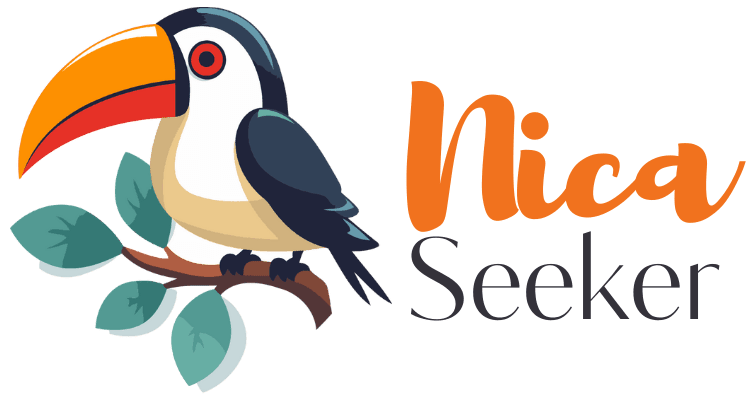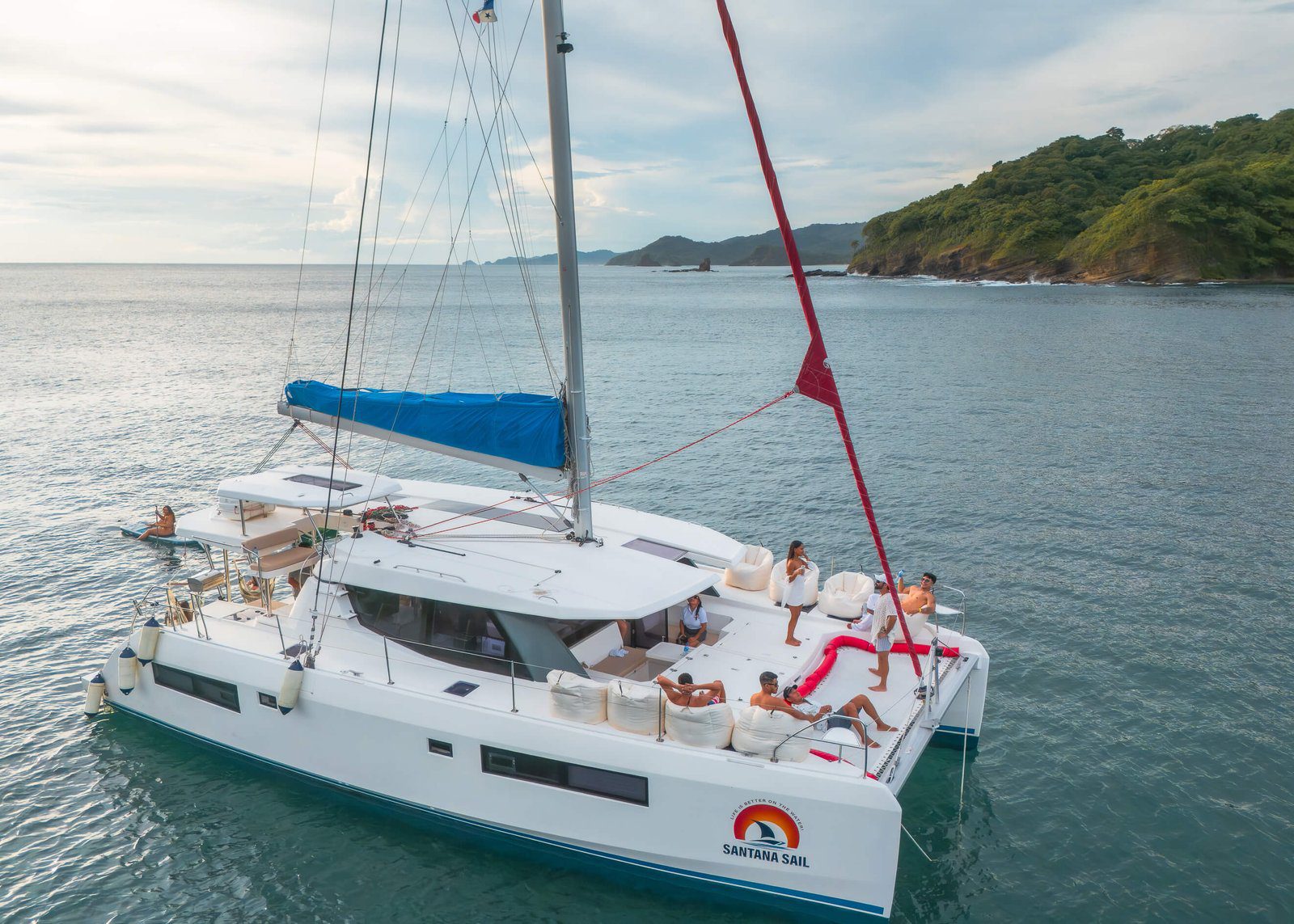Nicaraguan Education System: Schools Guide for Expat Families
The Nicaraguan education system offers diverse school options for expat families. From public to private, bilingual, or international schools, families can find a great fit for their kids.
Overview: Nicaraguan Education System
The public education system in Nicaragua is divided into four main stages: pre-primary (ages 3–6), primary (6–12), secondary (12–18), and higher education. Public schooling is free and mandatory from ages 6 to 15, though quality and access can vary across regions. Generally speaking, the public schools, particularly in the San Juan del Sur area and surrounds, adopt traditional teaching approaches, with children expected to sit at their desks for long periods of time, copying off the board. Full Spanish immersion, however, is an excellent way for children to quickly become fluent in Spanish.
Why Consider Expat Education in Nicaragua?
- Language support for non‑Spanish speakers
- International-accredited curricula
- Smoother transitions if you plan to return home
Expats often prefer international or bilingual schools in Nicaragua because they offer English-language instruction and higher academic standards.
Top International Schools in Nicaragua
Managua
American Nicaraguan School, founded in 1944, is one of Managua’s oldest and most respected American-curriculum institutions. It serves students from pre‑K through grade 12 and is accredited by AdvancED/SACS-CASI. Their website can be found here.
Lincoln International Academy in Managua offers a bilingual Spanish–English education from pre‑K to grade 12. It is SACS-CASI accredited, Catholic-affiliated, and follows a U.S.-style college-prep curriculum.
German Nicaraguan School and Lycée Franco‑Nicaraguayen Victor Hugo provide German and French international curricula respectively, covering kindergarten through grade 12 and fostering multilingual learning environments.
German School: https://dsm.edu.ni/
French School: https://lvh.edu.ni/
San Juan del Sur Schools Overview
San Juan del Sur Day School
San Juan del Sur Day School is a full-service, international K–12 school set on a hillside farm campus. It combines English-based instruction, Cognia accreditation, and outdoor/environmental learning. Class sizes are small (6–12:1), drawing families from over 20 countries.
Tuition is approximately $400–500 USD per child, per month, plus an application fee of C$2,200 (approx. $60 USD) due at enrollment.
Escuela Adelante
Escuela Adelante is the first bilingual school in town, offering a 50/50 English–Spanish preschool (ages 18 months–5) and around 80% English in primary grades. The curriculum blends Montessori (early years) and Waldorf/STEAM methodologies, with programs like “Growing Adelante” in gardening and food cycles.
Admission requires one month’s tuition as a registration fee. Tuition typically ranges between $300–400 USD per month.
Tambran International School
Tambran International School is San Juan del Sur’s newest private international school, launched in Fall 2023. Currently offering Pre‑K to Grade 5, it operates temporarily at TreeCasa Resort while its permanent campus (with science labs, art/music rooms, amphitheater) is under construction.
Accredited by Nicaragua’s Ministry of Education, Tambran aims for international accreditation in 2025. Summer camp pricing (as a guide) is about $160 USD per week. Expect regular tuition rates to be in the $400–600 USD monthly range.
Bilingual Schools in Nicaragua
Bilingual schools in Nicaragua offer instruction in both English and Spanish, making them a popular choice for expat families. While public bilingual programs do exist, they are rare and mostly concentrated in urban centers. Most bilingual education options are offered through private or international schools, where the quality and consistency of language instruction tend to be higher.
Integrating with Nicaragua’s Public School System
Some expat families choose to enroll their children in local public or religious schools. These schools operate in Spanish and can offer valuable cultural immersion. However, families should be prepared for larger class sizes, fewer resources, and limited English language support. Religious schools, such as Jesuit or Catholic institutions, may provide slightly more structured environments and values-based education.
Learning Pods
For those who prefer to homeschool their children, there are learning pod options available. Typically, these pods are for small groups of kids with a tutor who facilitates the learning. Some tutors run the curriculum program themselves and can provide official certification, whereas others enable students to share a learning space and follow their own chosen online learning program. Tutor support is on hand to assist the children where one-on-one tuition is needed.
Additional Tips for Expat Families
Before committing to buying property, many expats recommend renting first—ideally near your preferred school. This allows time to get to know the area, understand commute times, and connect with the school community. Joining local expat forums or parent networks can provide real-world insights into school performance, hidden costs, and support services.
For more info on relocating, visit our Nicaragua Property Guide.
FAQ
Is education free in Nicaragua?
Yes, public primary and secondary education is compulsory and free, though families may need to cover uniforms and books.
Can expat kids study in Spanish schools?
Yes, but ESL support is limited. Many expat children do well, especially in bilingual settings.
What is the school year in Nicaragua?
The school year typically runs from February through November with holidays for Easter and Christmas.
Conclusion
Understanding the Nicaraguan education system and exploring the best international schools in Nicaragua helps expat families find the right fit. Whether bilingual, Christian, or accredited programs, Nicaragua offers many quality options. Check out what Nicaragua has to offer!



